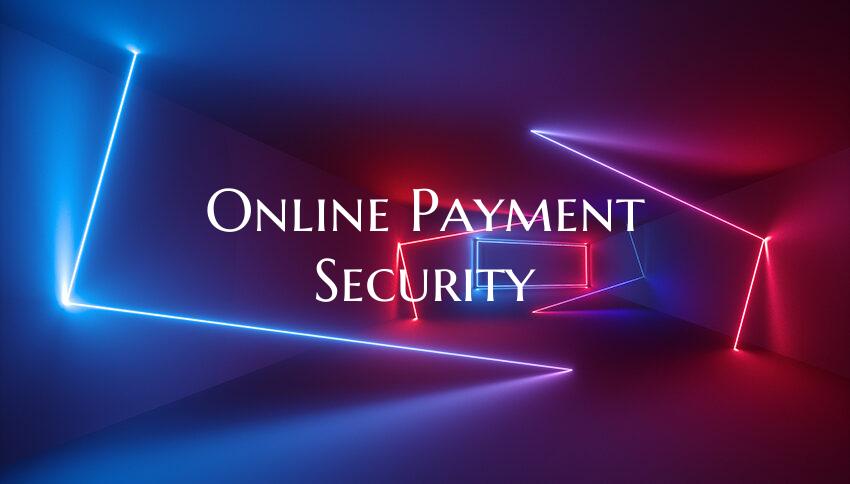Online Payment Security
In today's digital age, online payment transactions have become an integral part of our daily lives. From purchasing goods and services to managing bills and financial obligations, the convenience of making online payments is undeniable. However, with the convenience comes the responsibility of ensuring the security of our financial information and personal data.
Here are some best practices and tips to help you stay safe while making online payments:
1. Use Secure Websites: When making online payments, always ensure that you are using a secure website. Look for the padlock symbol in the address bar and make sure the website address begins with "https://" to indicate that the site is secure.
2. Avoid Public Wi-Fi: Avoid making online payments when connected to public Wi-Fi networks, as they are more susceptible to hacking and data theft. Use a secure and private network, such as a personal hotspot or a trusted home network, for online transactions.
3. Keep Software Updated: Keep your device's operating system, antivirus software, and web browsers up to date to protect against security vulnerabilities and malware that could compromise your online payment information.
4. Enable Two-Factor Authentication: Enable two-factor authentication wherever possible to add an extra layer of security to your online accounts. This involves entering a code sent to your mobile device in addition to your password when logging in or making payments.
5. Use Strong, Unique Passwords: Create strong and unique passwords for your online payment accounts to prevent unauthorized access. Avoid using easily guessable passwords and consider using a password manager to securely store and manage your login credentials.
6. Monitor Your Accounts: Regularly monitor your bank and credit card statements for any unauthorized or suspicious transactions. Report any discrepancies to your financial institution immediately to prevent further unauthorized activity.
7. Be Cautious of Phishing Scams: Be cautious of unsolicited emails, messages, or phone calls asking for personal or financial information. Avoid clicking on suspicious links and never provide sensitive information in response to unsolicited requests.
By following these best practices and tips, you can help ensure the security of your online payment transactions and protect your financial information from unauthorized access and fraud. Stay vigilant, stay informed, and prioritize security when making online payments to safeguard your financial well-being in the digital world.

